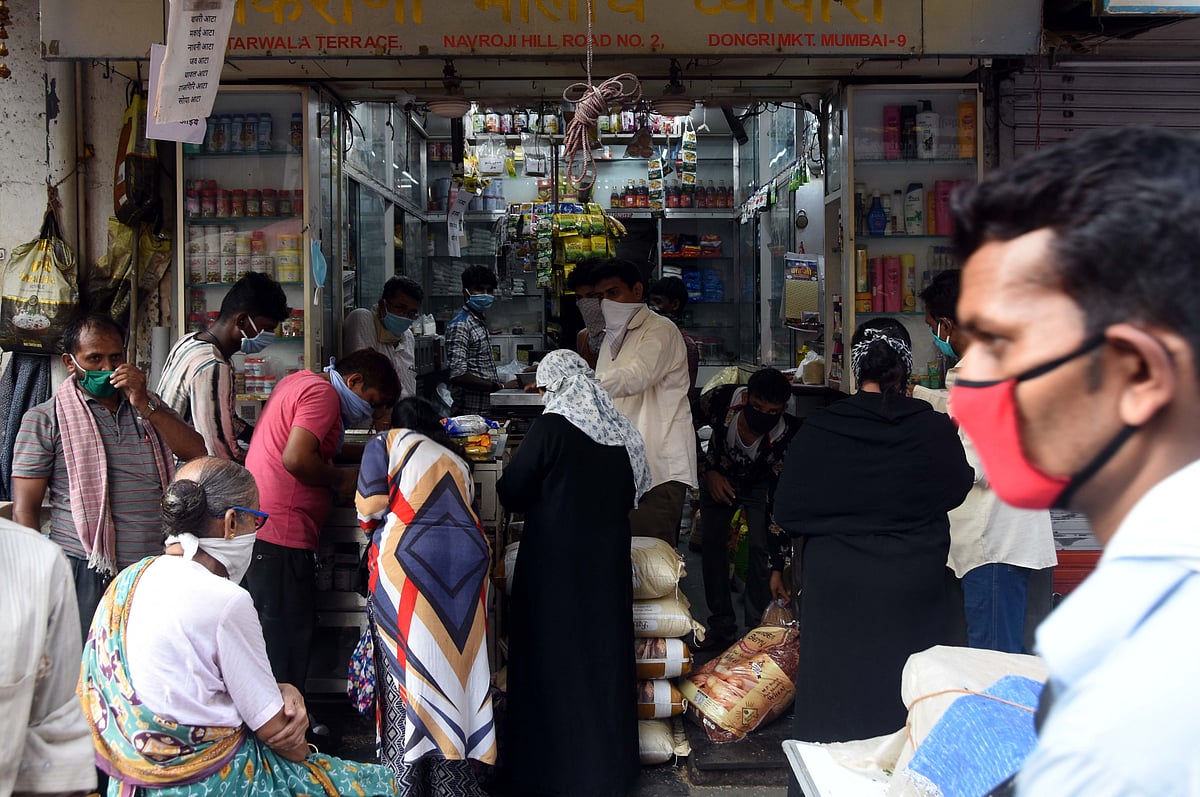Mumbai: A day after the Maharashtra government issued a circular/notification easing the ‘Break the Chain’ order, the BMC followed suit, on Monday. Despite the lockdown being extended until June 15, shops dealing in essential commodities in Mumbai will now be allowed to remain open from 7am to 2pm on all days of the week.
However, shops and establishments selling non-essential goods in the city can only be open on weekdays, from 7am to 2pm and must remain closed on weekends.
Chief Minister Uddhav Thackeray had announced at his press conference on Sunday that curbs would be relaxed in districts where cases had been steadily dropping while stringent restrictions would be enforced in those parts of the state witnessing an upward trajectory of infections.
The Mumbai civic body circular issued on Monday said non-essential goods shops on the right-hand side of the road would remain open only on Mondays, Wednesdays and Fridays, while those located on the left-hand side of the road would be permitted to operate on Tuesdays and Thursdays, with the arrangement to be swapped in the following week. This alternating system would be in place until further notice.
An exception has been made for shops dealing in agriculture-related materials, allowing them to conduct business till 2pm on all weekdays. Meanwhile, e-commerce services have been allowed to continue without any restrictions.
Government offices too have been permitted to function at 25 per cent capacity. Offices directly involved in Covid-19 management are completely exempt from the ‘Break the Chain’ guidelines.
The BMC circular clarified that there would be no restrictions on the transportation of goods supplied to shops. However, shops would not be allowed to sell to customers beyond the time frame given to them for business. Violation of these rules would result in the closure of the shop until the end of the pandemic, said a BMC official.
The BMC chief has directed all ward officers to strictly implement the guidelines. Those caught flouting these guidelines will be prosecuted under the relevant sections of the Epidemic Diseases Act, 1897, and the Disaster Management Act of 2005.







